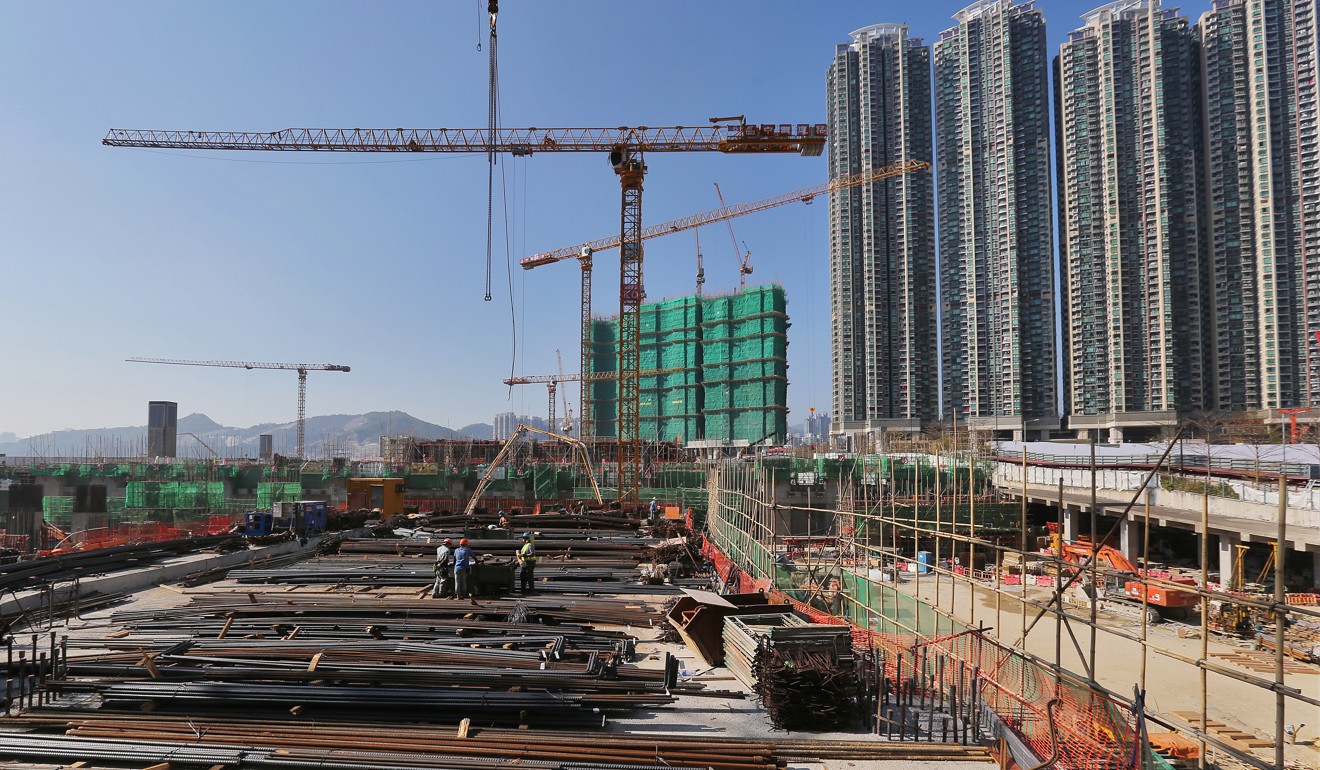
Unmarried or living in a micro flat: Hong Kong’s high property prices driving rise of tiny homes and delayed marriages – survey
Survey by property website operator finds Hong Kong’s high property prices are not only driving demand for micro flats but creating social distortions, with couples delaying marriage until they can save for a home

Property is a hot topic in Hong Kong. But high prices mean that the dream of owning real estate in the city remains just that for many. That is one of the findings of a recent survey by property specialists REA Group, which found many people in Hong Kong believe they will not be able to afford to buy a property in Hong Kong during their lifetime.
The survey also found a trend in the rise of micro flats – timely, considering news this week that a 209 sq ft (19.4 square metre) unit in Pok Fu Lam sold for HK$37,651 (US$4,800) per square foot, setting a record for micro apartments in the city (its price tag of HK$7.86 million is almost exactly US$1 million).
Here is what else was discovered by the online survey of more than 1,000 people, conducted at the end of January.
Put that dream on hold
The residential property value in Hong Kong is excessively high, said 95 per cent of respondents. Sixty-nine per cent believe it will continue to rise in the next six months, with the average expected percentage increase at almost 10 per cent.
Only 20 per cent of respondents are considering buying property in Hong Kong in the next 12 months, with their median budget set at around HK$6.5 million. Among the 40 per cent of respondents who do not own a property, 27 per cent are convinced they will not be able to afford a residential property in Hong Kong in their lifetime. Another 16 per cent have no plans to purchase property in the city.

I do... but not just now
Among unmarried respondents, 55 per cent believe high property prices influence their marriage plans, such as delaying their big day until they can afford to purchase their own property. Among them, 25 per cent think that the impact is very large while 30 per cent think that there is quite an impact.
Among the unmarried respondents who think high property prices have an impact on their marriage plans, 57 per cent said they will consider renting a flat instead of purchasing their own property in Hong Kong, while 28 per cent will consider living with parents/spouse’s parents.

Nano is the new norm
The survey highlighted a new development in the real-estate market – the rise of the micro flat, a unit with less than 200 sq ft of saleable area. Forty-eight per cent of respondents said they would consider purchasing a micro flat and the report predicted micro flats will continue to increase in popularity because of their affordability, with the supply of micro flats predicted to rise to meet demand.
Broader horizons
The survey found a growing number of Hong Kong people are looking to invest in overseas property, with 14 per cent of respondents saying they will purchase overseas properties in the next year.
More than half (58 per cent) of those people cited good investment value as the main reason for their decision, while 38 per cent said that it was due to Hong Kong’s high property prices. The same respondents chose the mainland (42 per cent), Japan (26 per cent) and Thailand (19 per cent) as destinations for their next property purchase.